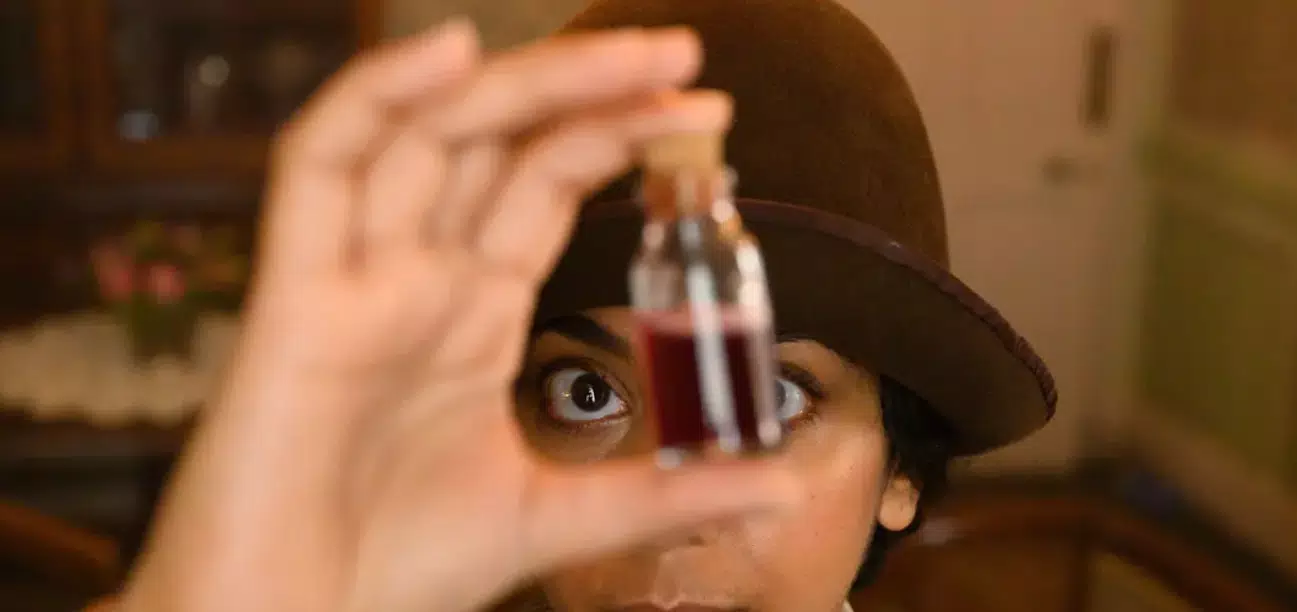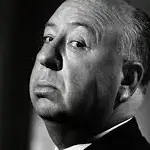 Fleabag as a show is hard to define. It's darkly clever, hilariously crude, and unexpectedly heartbreaking. It's considered by critics, and Obama, to be one of the best tv shows of the 2010s, if not of all time. But I think it resonates most with those of us who are also hard to define, a little crude, and a little heartbroken. It's become a cult classic despite its success. If you don't believe me, just google Fleabag fan art.
Fleabag as a show is hard to define. It's darkly clever, hilariously crude, and unexpectedly heartbreaking. It's considered by critics, and Obama, to be one of the best tv shows of the 2010s, if not of all time. But I think it resonates most with those of us who are also hard to define, a little crude, and a little heartbroken. It's become a cult classic despite its success. If you don't believe me, just google Fleabag fan art.

It was written by Phoebe Waller-Bridge, the brilliant mind behind Killing Eve and Crashing (watch both if you haven't). She also plays our beautifully flawed protagonist, who has no name, like many other characters: Dad, Bus Rodent, Arsehole Guy, Hot Misogynist, and Godmother. In a perfect moment in Season 2, Episode 6, Godmother tries to introduce Fleabag's dad to people at their wedding but can't remember his name. Because he doesn't have one.

There are two seasons, released in 2016 and 2019. Each has six 27-minute episodes, just over five hours in total. I watch it when I need to laugh, and I've watched it more than I'll admit. This show actually makes me giddy. The timing and the dialogue are unmatched. The transitions are abrupt and perfectly hilarious. Phoebe Waller-Bridge's dry humor and unexpected writing are a life raft in a sea of mediocre streaming comedies.
Fleabag is a bad feminist, a bad friend, a bad sister, a bad girlfriend, and a bad daughter. In her own words: "I have a horrible feeling that I'm a greedy, perverted, selfish, apathetic, cynical, depraved, morally bankrupt woman who can't even call herself a feminist."
And in all that, she's relatable. A deeply lonely woman drowning in pain and guilt. She pushes everyone away, testing the boundaries of every relationship. But she lets us in. She breaks the fourth wall to narrate her life, give us her thoughts, and shoot us conspiratorial glances. She even calls us her friends to a shrink she accidently takes a session from.
In Season 1, we walk with her through the grief of her friend Boo's death. Though we only learn the full extent of her guilt in the final episode, we can't help but adore her.

Season 2 opens with her washing blood off her face in a posh restaurant bathroom. She hands a washcloth to another bloodied woman sitting on the floor. Fleabag tidies herself in the mirror, turns to us with a mischievous smile, and says, "This is a love story." Now we need to know what happened.

In the first five minutes, we meet one of the most beloved characters of the series, The Priest, played by Andrew Scott. He's a cool, sweary priest who drinks like a fish and is stalked by foxes. The fox is another fan-favorite. Whether it represents temptation, guilt, or the wildness we try to tame, or all three, isn't clear.

If you've ever loved someone you can't have, Season 2 is sweet and painful. Scott is effortlessly lovable, as always. There's just something about him. Fleabag is intrigued. He's just out of reach. But he sees her. It's intoxicating to be seen. He notices when she disappears to talk to us. He wants to understand her. But even with love forming between them, she can't be that vulnerable with him. We root for them to end up together because we want that ending for ourselves. But we know it can't happen.

Episode 4 is when Andrew Scott became Hot Priest. Fleabag visits the church to "pray" and hears music, following it to his quarters. She turns it off, startling him. She asks, "Are you okay, Father?" He replies, "Oh, f*ck you calling me Father, like it doesn't turn you on just to say it."
Everything has changed. He's already crossed the line in his mind. He takes her to the confessional. She reluctantly confesses that she wants someone to tell her what to do. She begs him to tell her what to do. He says, "Kneel."

She does. He opens the curtain. I won't ruin probably the most rewatched scene in the show, but the look on his face says everything. He has fought and lost. This scene cemented Andrew Scott as Hot Priest forever.
In the final scene, she tells him she loves him. It's the most open she's ever been. He takes her hand and says, "It'll pass." But we know it won't, because it hasn't. Then, just when our heart is aching, he says, "I love you too." And we watch him walk away. 
The heart-wrenching melody of This Feeling by Alabama Shakes starts.
The fox that's never far behind shows up and she points in in the Priest's direction, "He went that way."

Then Fleabag walks off, and we begin to follow. She smiles and shakes her head at us. We're not going with her. She doesn't need us anymore. She'll be alright.

Fleabag didn't end too soon because it lacked closure. We got that. She said goodbye to us and left us at the bus stop. It ended too soon because we fell in love with the characters, and five hours in their world wasn't enough.
Fleabag couldn't pick up where it left off. It would have to be a whole new chapter. I'll leave the brilliant writing up to Phoebe Waller-Bridge, but here's a simple synopsis. Hear me out:
Fleabag Season 3
Six years later. Fleabag is seeing someone seriously. He has a teenage daughter who is a carbon copy of Fleabag's younger self. Defiant, vulgar, self-destructive. Fleabag is trying to be a good stepmom. Lots of faking it. She has no idea what she's doing.
We return as her coping mechanism. In disbelief at the daughters antics, she looks at us like, "Did you just see this?" And we're back.
She tries to guide the girl, but ends up unintentionally being her accomplice in an illegal scheme. The good girlfriend and stepmom role crashes and burns spectacularly. But that's okay. It wasn't really her anyway.
It ends with Fleabag not just coping, but growing. Healing. And accepting that she'll always be just a little bit of a Fleabag.
Or maybe it's a masterpiece as is. I'll just rewatch it.






















































View replies 1
View replies 1
View replies 1
View replies 1
View replies 1
View replies 1
View replies 0